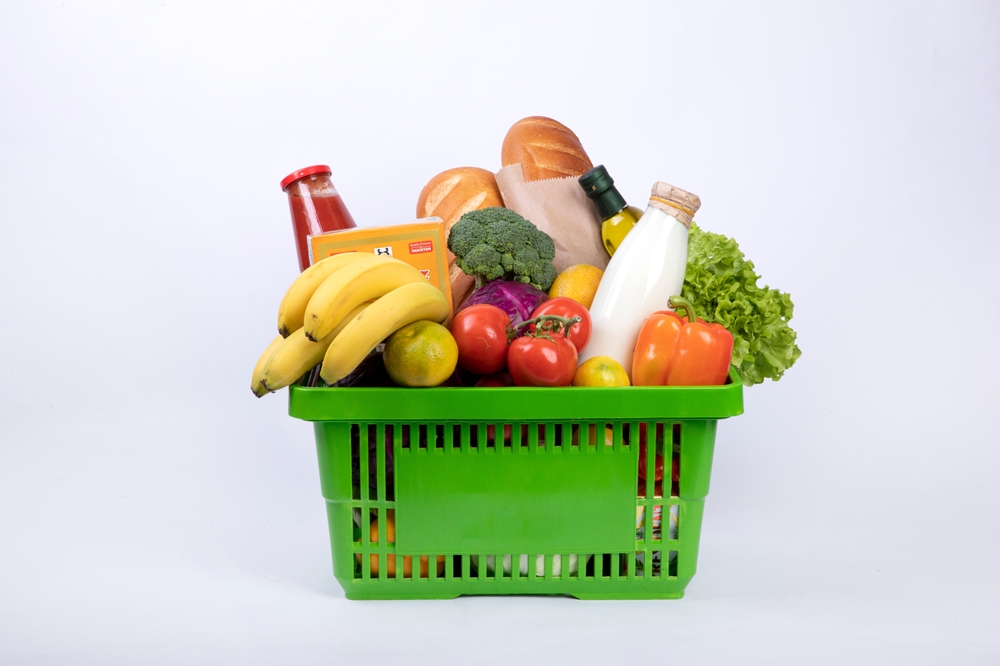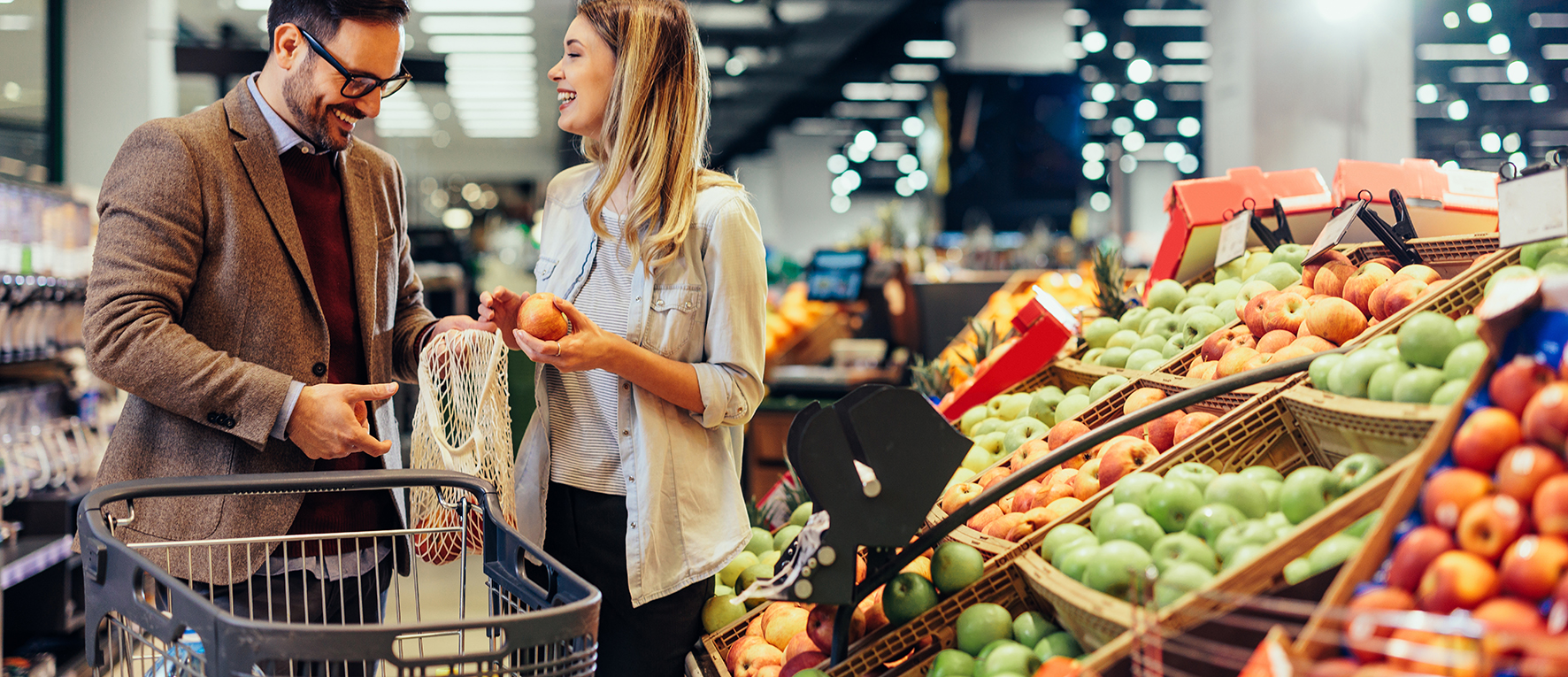It is no secret that supermarkets are experts when it comes to persuading us to part with our hard-earned cash – especially when it comes to items we do not really need.
Marketing strategies are everywhere, bombarding us with notifications of new and exciting products – causing us to bury our shopping lists and meal plans further into our pockets.
However, as the cost of living crisis continues, it is more important than ever to find ways to avoid splurging. Luckily, Nick Drewe, Discount Expert at Online Coupon Platform, Wethrift, has compiled a list of surefire ways to save on your next trip to the supermarket.
1. Remember the best times to buy reduced items
Every supermarket brings out its discounted or ‘yellow sticker’ items at different times, so it is helpful to keep your finger on the pulse to grab the best deals. These times usually range from just after a store has opened or right before closing time.
For example, Aldi brings out its yellow sticker goods at around 8am, while Asda does so from 7pm. Sainsbury’s reveals the discounted goods at 6pm, and so does Tesco.
So, depending on your local supermarket, make a game plan and stick to it – avoiding purchasing something purely because it is cheap.
2.Wait for things to run out before repurchasing
While there are few better feelings than the one that comes with having a fully-stocked fridge, often, we may not even need to do a food shop. Sure, your favourite snacks have depleted and there may not be anything particularly exciting left to eat, but have a look in the cupboards before making a shopping list.
Have your essentials like rice, pasta, tins of baked beans and packets of lentils run out? What about the freezer drawer with the frozen veg? In order to avoid overspending, it is always handy to try and use everything up before doing another shop – so that items do not just sit in the cupboards for months on end.

3.Buy essentials in bulk (toilet paper, tea bags etc.)
Interestingly, buying items in bulk can save people significant amounts of money. This is because buying in bulk means that the cost of individual units of product goes down. Shops like Farmfoods often stock large quantities of wholesale items, meaning you can get essentials like toilet paper and huge bags of pasta for far less than the retail price.
While the initial cost may be greater, over time, you could start to see some impressive savings. Items commonly bought in bulk include laundry detergent, rice, pasta, teabags, toilet paper, flour, sugar, nappies, wipes, and much more.
4.Wrap greens, like lettuce, broccoli and celery in foil
When you feel like buying fresh vegetables, there are few things more infuriating than how quickly they go off when unwrapped in the fridge. To keep them fresh, crunchy and delicious for longer, wrap these veggies in tin foil.
Tin foil offers an extremely strong barrier – stronger than the plastic packaging these vegetables usually come pre-wrapped in – when it comes to locking in moisture, avoiding the risk of your fresh greens drying up and wilting as they get older.
Veg in foil will remain fresh for up to 2-4 weeks, meaning you won’t be throwing anything away unnecessarily – wasting both food and your money.
5.Leave potatoes and onions out of the fridge
Onions and potatoes are absolute essentials in almost every home, so it is important that they last as long as possible, to avoid the need to re-buy them frequently. Onions need to be stored in dry spaces, meaning fridges encourage too much moisture, turning the starch within them into sugar.
This, in turn, makes them go bad. The same reaction happens within potatoes when they are stored in moist atmospheres, impacting not only how they cook, but how they taste.
Always keep both potatoes and onions in cool, dry spots, such as in a porch, pantry or cupboard. This way, you won’t find yourself having to frequently stock up on these household staples each time you do a shop.





